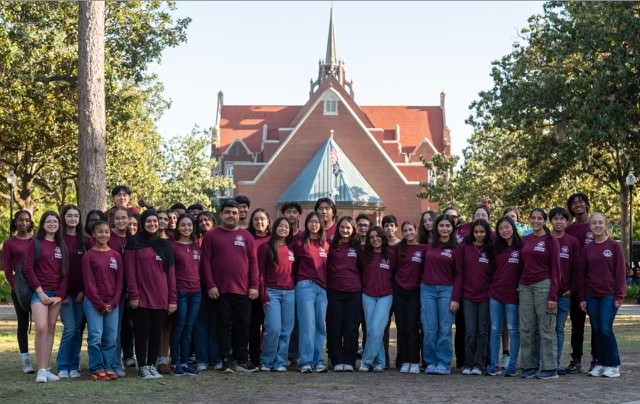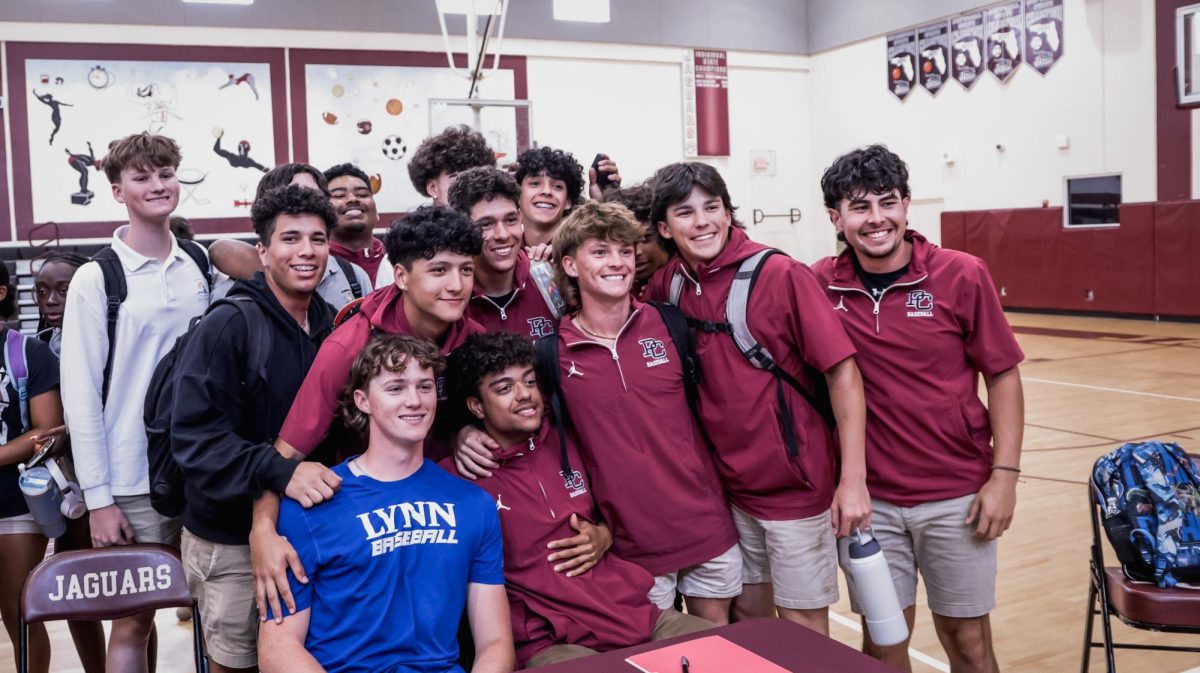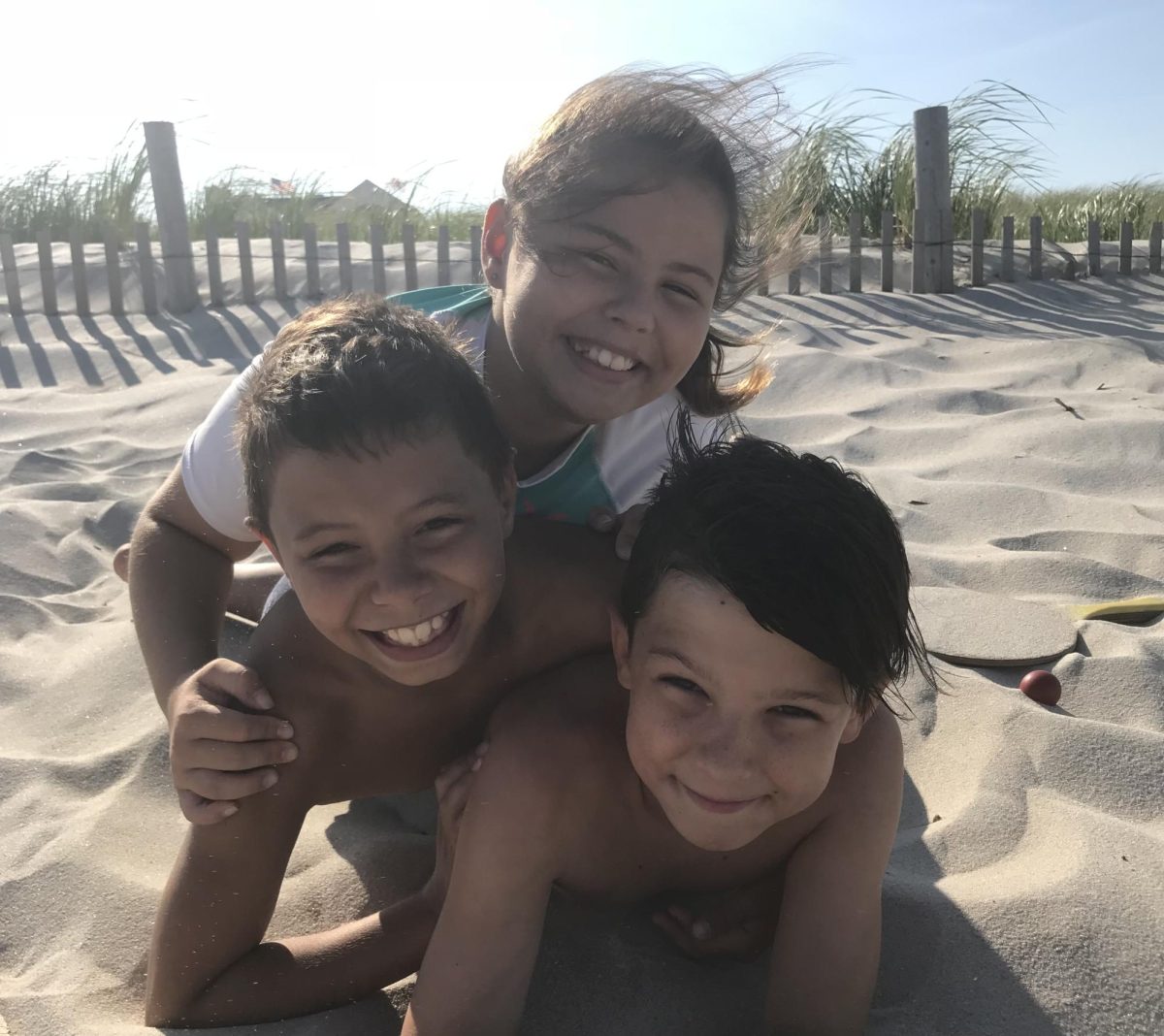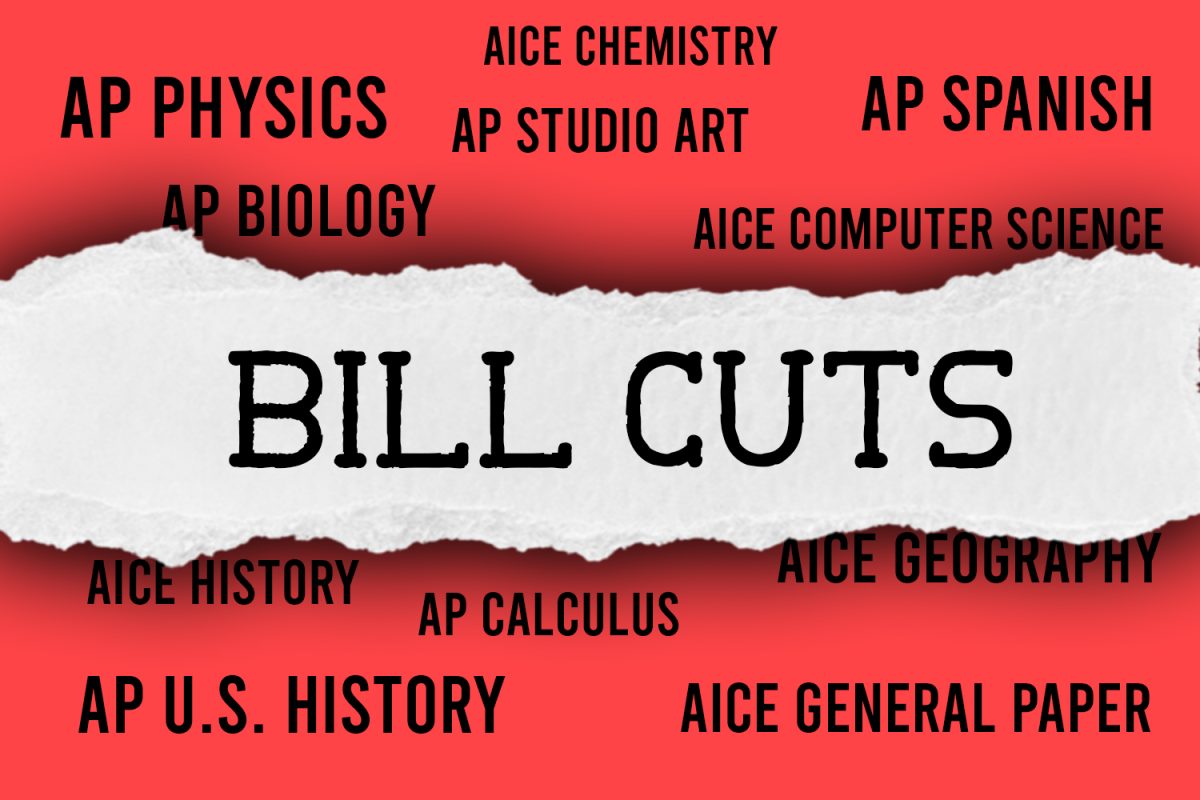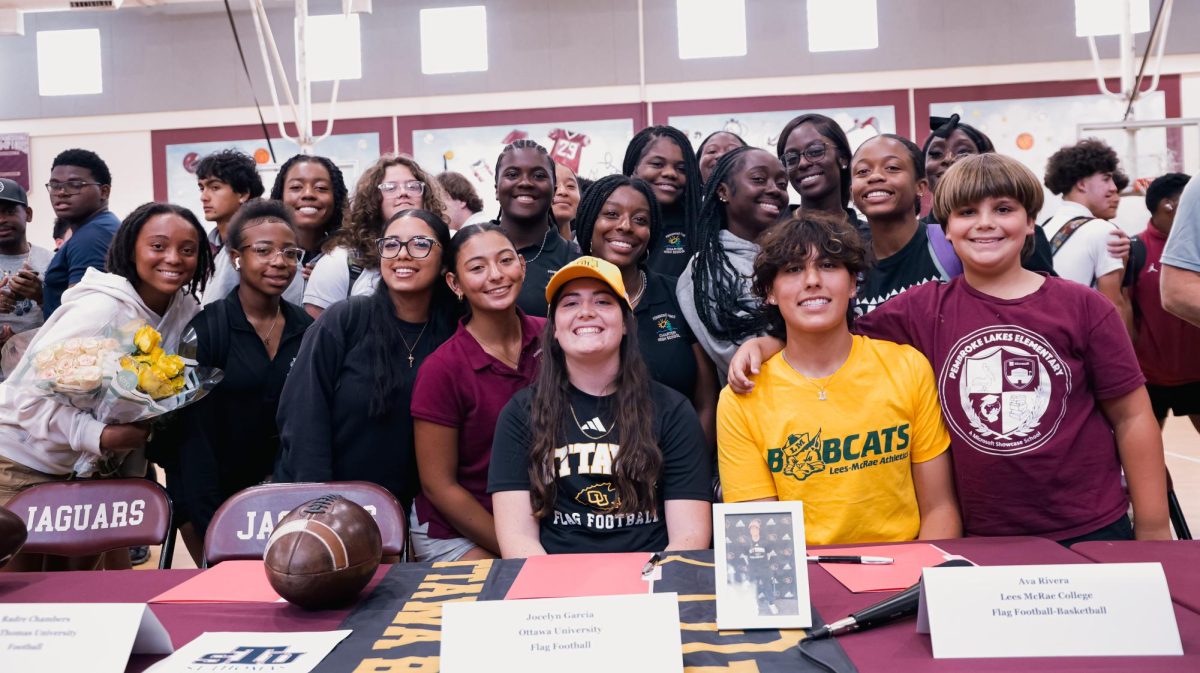For most Floridians, travel means roads, cars, and buses. For Senior Isaac Nones, the best way to explore the state is by boat, navigating the Everglades and documenting its wildlife.
“Having my own boat, being a captain on my own vessel, it’s just breathtaking,” Nones reports. During the summer, he purchased his own 1984 Jon boat. Onboard, Nones not only tours the Everglades by himself but also with anyone who asks to join him.
Where most civilians see wildlife as worrying, Nones feels entirely welcome. “I used to have a farm back in my country, Nicaragua,” he says. From a young age, Nones was taught to welcome wildlife by his father.
The Nones family spent time on their farm in Nicaragua, where Isaac gradually developed a deep fascination with animals, specifically scaly reptiles.
“I had always loved reptiles the most. Growing up in South Florida, I was surrounded by gators, snakes, and all kinds of exotic species. By the time I was eight, I started catching and studying them myself,” Nones recalls.
Though he was born in the United States, Nones’s Nicaraguan roots remain strong, which influenced his deep appreciation for Florida’s wilderness.
To this day, Nones still compares the landscapes of the two regions, noting how the Everglades’ vast, grassy waters contrast with Nicaragua’s mountainous terrain. Regardless of his country of origin, Florida’s untouched wilds (which he calls Old Florida) simply captured his heart.
“It is one of the last places left that has not been developed,” he says. Determined to immerse himself in it, he spent an entire summer exploring the marshes after saving up for a boat through his job as a lifeguard.
Nones’ passion for wildlife extends beyond what he embarks on. He actively interacts with the animals around him. Whether fishing or catching creatures with his bare hands, Nones’ approach is rooted in respect.
Conversely, the senior follows a strict ethical code: Native species are released back into their habitat, while invasive ones (such as Burmese pythons and snakehead fish) are removed.
His first catch, a python, was acclaimed by Nones when he was as young as nine years old. “It slithered toward us while I was sitting on my dad’s van,” he remembers. “He told me to grab it, so I did. That is when I started feeling comfortable around them.”
Beyond his personal adventures, Nones is deeply invested in conservation efforts. He participates in Everglades and beach cleanups and uses social media to raise awareness about environmental threats, including pollution and overdevelopment.
“Recently, they tried to build pickleball courts in national parks,” he says. “I shared information about it online because people need to know what is happening.” Nones urges others to get involved and be more conscious of their impact on nature.
Moreover, Nones is highly aware of the challenges facing Florida’s environment. From rising global temperatures to pollution spills, he sees firsthand how human activity threatens local ecosystems. A recent oil spill near Fort Lauderdale drove home the urgency of conservation. “It made me think, what is happening to all the animals in this area?” he says.
“Between dumping, construction, and pollution, Florida’s natural spaces are disappearing fast. The best thing we can do is protect what is left.”
His commitment to helping others extends beyond environmental work. Inspired by his best friend’s father, a firefighter, Nones plans to enter the fire service after graduation. “Watching him showed me how firefighting builds you up physically and mentally,” he explains. “It is a heroic job, and I want to be part of it.”
As Nones prepares for the next chapter of his life, his passion for adventure remains the same. He urges others to embrace the unknown. “Go outside! Experience things you do not understand,” Isaac expresses. “You never know what you might discover.”
The Everglades is a place where nature still thrives in its purest form. To keep it that way, people must learn to respect the swamp rather than fear it.


